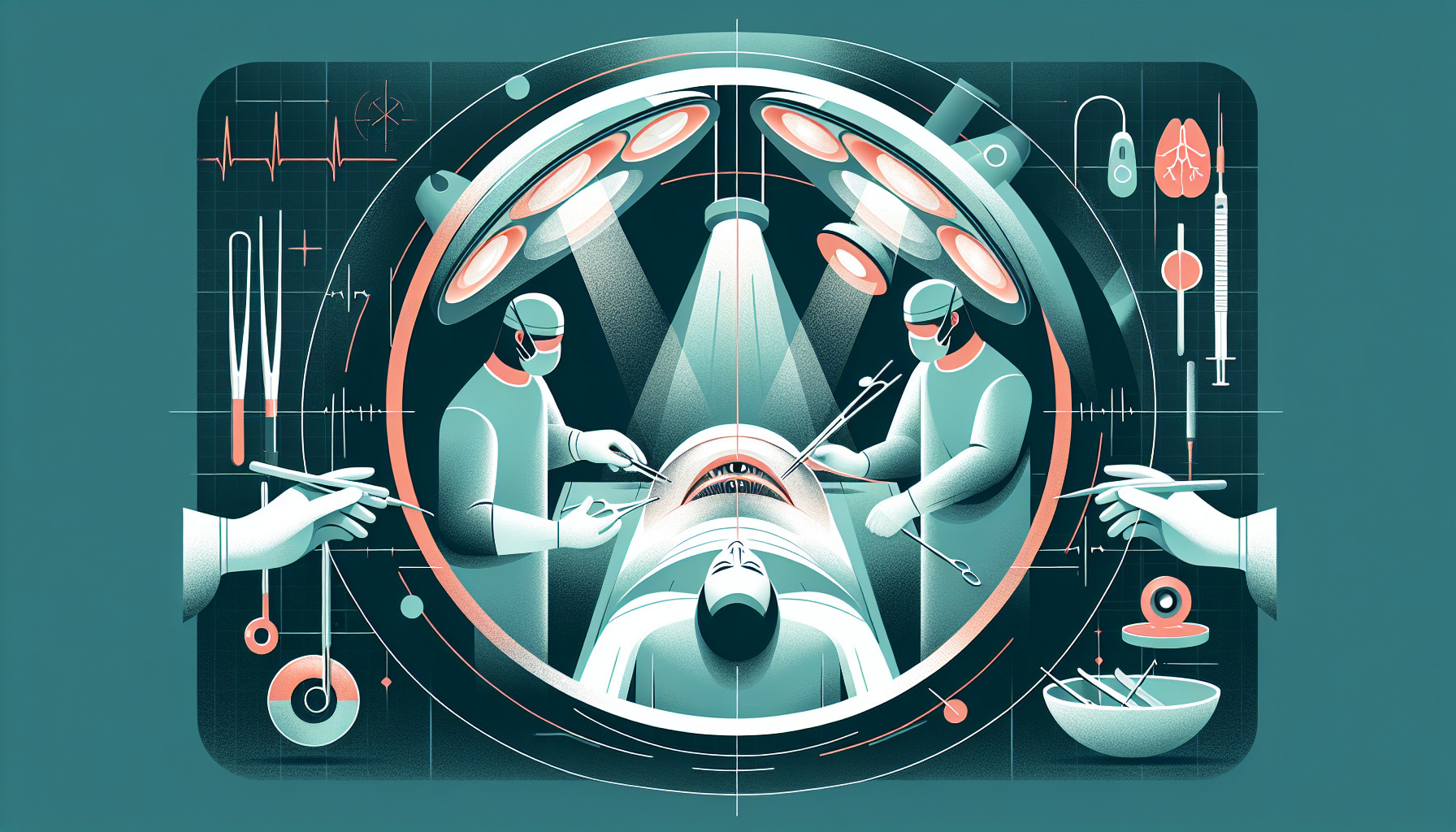Our Summary
This research paper is about the barriers preventing people in low and middle-income countries from getting cataract surgery. There is evidence showing that certain groups, like women, face higher difficulties in getting access to this surgery. These barriers aren’t well understood, and we don’t know the best ways to overcome them. The researchers reviewed two recent studies, one about how to improve access to cataract surgeries and one about improving gender fairness.
The goal of this paper was to gather information from these studies to understand what factors influence whether someone gets cataract surgery. The researchers looked at five online databases, Google Scholar, and reviewed a bunch of references to gather information. They found several strategies that may help increase the number of people getting cataract surgery. These include awareness campaigns about the surgery, using people who had successful surgeries as advocates, removing costs for patients, doing regular community outreach, and making sure the surgeries are high quality.
These findings can help create specific programs to improve access to cataract surgery. The researchers believe that future studies should look at how effective these strategies are and try to identify other factors that might influence whether someone gets cataract surgery.
FAQs
- What are some of the barriers preventing people in low and middle-income countries from getting cataract surgery?
- What strategies did the researchers identify to increase the number of people getting cataract surgery?
- What do the researchers suggest for future studies about access to cataract surgery?
Doctor’s Tip
One helpful tip a doctor might give a patient about cataract surgery is to follow all pre-operative instructions provided by the surgeon, such as avoiding eating or drinking before the surgery. This can help ensure the procedure goes smoothly and reduces the risk of complications. Additionally, it is important to follow all post-operative instructions carefully to promote proper healing and recovery.
Suitable For
Typically, patients who are recommended cataract surgery are those who have significant visual impairment and difficulty performing daily activities due to cataracts. This includes individuals who have difficulty driving, reading, or recognizing faces. Additionally, patients with cataracts that are causing significant glare or halos, or have a significant impact on their quality of life, are also recommended for surgery. Overall, the decision to recommend cataract surgery is based on the severity of the cataracts and the impact they have on the patient’s vision and daily activities.
Timeline
Before cataract surgery: The patient may experience blurry vision, difficulty seeing at night, sensitivity to light, and colors appearing faded. They may also have trouble driving, reading, or recognizing faces. The patient will schedule a consultation with an eye doctor to determine if cataract surgery is necessary.
Day of surgery: The patient will go to the hospital or surgical center for the procedure. They will receive anesthesia to numb the eye and may be given a sedative to help them relax. The surgery itself typically takes about 15-30 minutes per eye.
After surgery: The patient will need someone to drive them home after the procedure. They may experience some discomfort, itching, or mild pain in the eye, but this should improve within a few days. The patient will need to use eye drops to prevent infection and promote healing. They will have a follow-up appointment with their eye doctor to monitor their progress.
Weeks after surgery: The patient’s vision should gradually improve over the next few weeks as the eye heals. They may need to wear sunglasses to protect their eyes from bright light. The patient should avoid strenuous activities and swimming for a few weeks to prevent complications. They may also need to update their glasses prescription as their vision changes.
Overall, cataract surgery is a safe and effective procedure that can improve the patient’s quality of life and independence. With proper care and follow-up appointments, the patient should experience improved vision and be able to resume their normal activities.
What to Ask Your Doctor
Some questions a patient should ask their doctor about cataract surgery include:
- What is cataract surgery and how is it performed?
- Am I a good candidate for cataract surgery?
- What are the potential risks and complications associated with cataract surgery?
- What type of intraocular lens will be used during the surgery and what are the differences between them?
- How long is the recovery process and what can I expect in terms of post-operative care?
- Will I need to wear glasses after the surgery?
- What are the expected outcomes of cataract surgery in terms of improved vision?
- Are there any lifestyle changes or medications I should consider before or after the surgery?
- What is the success rate of cataract surgery and what factors can affect the outcome?
- Are there any alternative treatments or options for managing cataracts?
Reference
Authors: Mailu EW, Virendrakumar B, Bechange S, Jolley E, Schmidt E. Journal: PLoS One. 2020 Jul 9;15(7):e0235699. doi: 10.1371/journal.pone.0235699. eCollection 2020. PMID: 32645065
